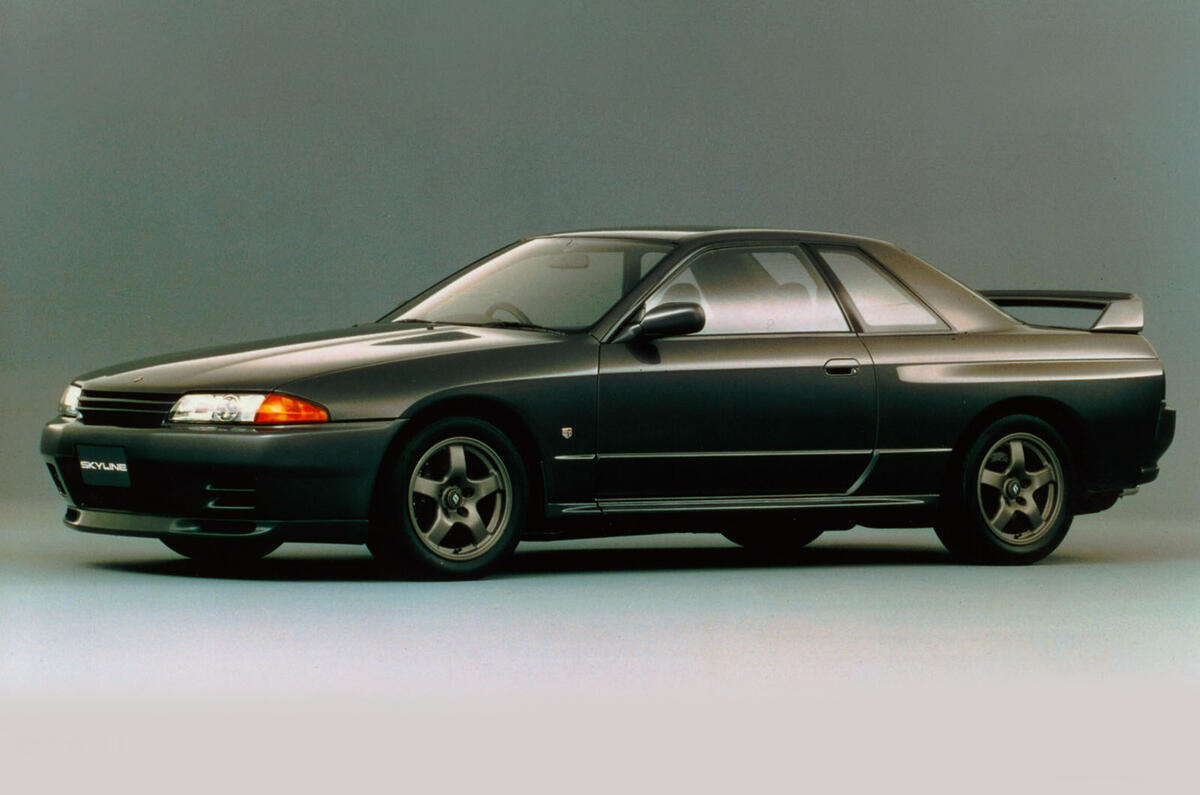A little online research can pay dividends if you’re looking at a used car – particularly if it’s something interesting.
As a case in point, a while ago I spotted a Nissan Skyline R32 GT-R, which appeared in the classifieds at a very tempting price. Something about it rang a bell, however, so I had a closer look and realised that – if my memory was serving me correctly – it was a car that I’d seen before.
A few aspects of it didn’t quite tally with what I recalled about it, much to my concern. I’d noticed the car initially on eBay, so I went and did a ‘completed listings’ search, which allows you to view past auctions.
Lo and behold, up came an old advert for the car. The differences were instantly clear. Somehow, in the space of a month or two, the car had mysteriously lost 20,000 miles – and a vast chunk of its previous history. The AA estimates that some 18,000 used cars sold each year are clocked, so it's an aspect that's always worth investigating.
Out of curiosity I put the link for the old and new adverts into Google, which revealed an online discussion about that particular car. Here, too, the mileage discrepancy had been clocked, and one commentator had actually been to view the car. Despite it looking a fine example, it somewhat predictably turned out to be a complete dud.
Besides confirming my suspicions, this 10 or so minutes of investigation meant that I wouldn’t have to waste money and time actually going and looking at it myself – just in case it was worthy of attention.
So, if you’re in the market, it’s worth a cursory search of the web for details about any particular car that you’re interested in. Outside of uncovering any undesirable history, you may also find it priced cheaper elsewhere, or turn up other useful advice – such as the recommended price to pay or used buying guides.




Join the debate
Add your comment
Hopefully you or someone with
Authorised dealers are sometimes no better...
1 in 3 cars is bent.
1 in 3 statistics made up on